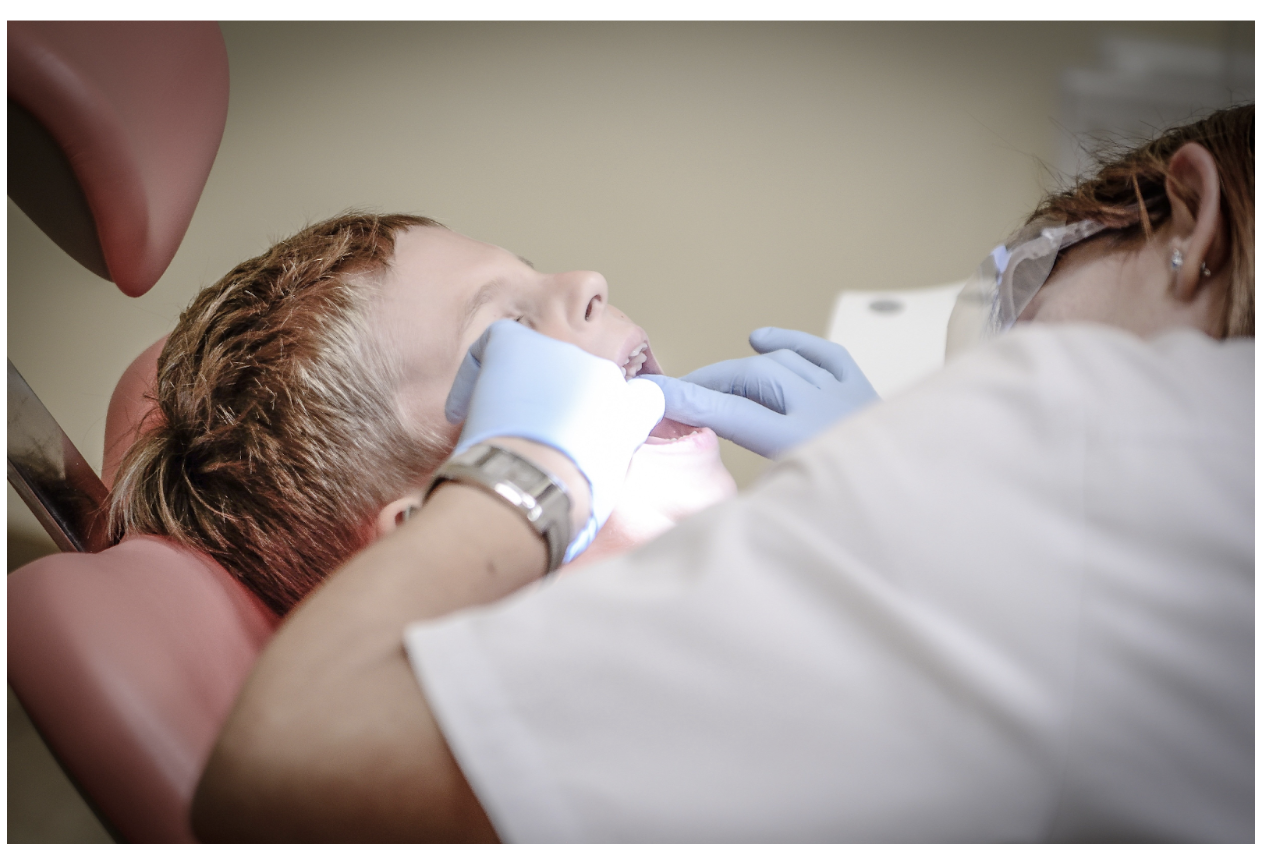6 Tips on Finding the Right Childs' Dentist

Finding the perfect dentist for your child can feel like a daunting task, but it's one of the most important decisions you'll make for their long-term health. Early dental care sets the foundation for good oral hygiene habits and helps prevent future dental problems. With the right dentist, you can ensure that your child has a positive experience that will make them feel comfortable and confident about visiting the dentist for years to come.
In this post, we'll guide you through six essential tips for finding the right child's dentist. From research and recommendations to ensuring a child-friendly environment and evaluating emergency care, we've got you covered.
1. Research and Recommendations
Starting the search for a reliable dentist can be overwhelming, especially with so many options available. Begin by asking for recommendations from family, friends, and other parents. Word-of-mouth referrals are invaluable because they come from trusted sources who have firsthand experience with the dentist.
Additionally, consider using online resources to read reviews and testimonials from other parents. On websites like the Children's Dentistry of Reno, and other similar ones, you can types of services and testimonials. You can also check the dentist's credentials and experience, which will give you an idea of their expertise and areas of specialization.
Don't forget to check the dentist's website for more information. A well-designed website can offer details about the dentist's qualifications, services, and office environment. It can also give you a sense of their commitment to pediatric dental care.
2. Qualifications and Experience
When evaluating potential dentists for your child, qualifications and experience are crucial factors to consider. Look for a dentist who specializes in pediatric dentistry, as they have additional training and certification in treating children's dental needs.
A qualified pediatric dentist will have completed a residency program in pediatric dentistry after graduating from dental school. This specialized training equips them with the skills to handle the unique challenges of children's dental care, from managing dental anxiety to addressing developmental issues.
Experience is equally important. An experienced pediatric dentist is likely to have encountered a wide range of dental issues and will be better equipped to provide effective treatment. Don't hesitate to ask about their years of experience and any specific areas of expertise they may have.
3. Child-Friendly Environment
A welcoming and child-friendly environment can make a significant difference in your child's perception of dental visits. When visiting potential dental offices, pay attention to the overall atmosphere. A good pediatric dental office should be bright, cheerful, and designed with children in mind.
Look for features such as colorful decor, toys, books, and games in the waiting area. Some offices even have TVs playing children's shows or movies to help distract and entertain young patients. These elements can help reduce anxiety and make the visit more enjoyable for your child.
The demeanor of the dental staff also plays a crucial role in creating a positive experience. Friendly and patient staff members who are skilled at working with children can help put your child at ease and build trust.
4. Communication and Interaction
Effective communication between the dentist, child, and parent is essential for a successful dental visit. A good pediatric dentist should be able to explain procedures in a way that is easy for children to understand and take the time to answer any questions you or your child may have.
Observe how the dentist interacts with your child during the initial consultation. Do they use child-friendly language and show patience and understanding? Are they able to make your child feel comfortable and reassured? These qualities are important for building a positive relationship and ensuring that your child feels safe and supported.
Additionally, consider how the dentist communicates with you as a parent. They should be willing to discuss your child's dental needs, treatment options, and any preventive measures you can take at home.
5. Services Offered
A comprehensive range of services is another important factor to consider when choosing a pediatric dentist. Look for a dentist who offers a variety of preventive, restorative, and emergency dental services to meet your child's needs.
Common pediatric dental services include regular check-ups and cleanings, fluoride treatments, dental sealants, fillings, and orthodontic evaluations. Some pediatric dentists also offer specialized services such as sedation dentistry for anxious patients and management of dental trauma.
Having access to a wide range of services ensures that your child's dental needs can be addressed in one place, without the need for referrals to other specialists. It also indicates that the dentist is well-equipped to handle various dental issues that may arise as your child grows.
6. Emergency Care and Accessibility
Dental emergencies can happen at any time, and it's important to have a dentist who can provide prompt and effective care when needed. Ask about the dentist's emergency care policies and their availability for after-hours emergencies.
In addition to emergency care, consider the overall accessibility of the dental practice. Is the location convenient for your family? Are office hours flexible enough to accommodate your schedule? These factors can make a significant difference in your ability to maintain regular dental appointments and address any urgent issues that may arise.
Accessibility also extends to communication channels. A good pediatric dentist should offer multiple ways to get in touch, whether it's by phone, email, or an online patient portal. This ensures that you can easily reach out with any questions or concerns.

Finding the right dentist for your child is a critical step in ensuring their long-term oral health and creating positive dental experiences. By following these six tips—research and recommendations, evaluating qualifications and experience, seeking a child-friendly environment, assessing communication and interaction, considering the range of services offered, and ensuring emergency care and accessibility—you can make an informed decision that will benefit your child's dental health for years to come.






